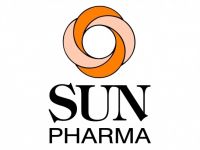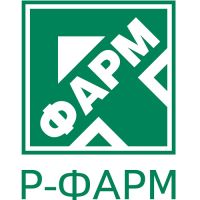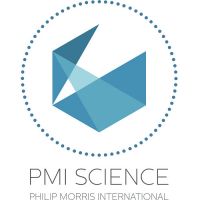Current issue #39, 2016
Russian regulators postpone harmonization of EAEU and national legislative requirements until 2020
The EAEU common drug market regulatory documents have been posted on the EAEC website after the members of the Eurasian Economic Commission Council have signed them, including a separate resolution on the drug interchangeability determination procedure. This is a separate resolution because interchangeability has been left on the national level, and only Russian regulators are interested in using this principle in the drug registration process so far. The regulators need additional time to implement the EAEU regulations into the national legislation. The Russian MoH believes that this will take about three years.
[PharmVestnik # 39, 29/11/2016, p. 1, cont’d p. 2]
The start of a common drug market not determined
On November 16th, a package of documents required to launch a common drug market on the Eurasian Economic Union (EAEU) territory was signed. The market players and regulators are coming into a transition period when each of them must determine to what extent he will be ready to participate in the common market by 2025. The regulators will play the key role adapting the local legislative systems to the Union’s requirements. And while some countries are ready to leap into action, it is not all that simple for others.
[PharmVestnik # 39, 29/11/2016, p. 3]
Registration of drugs of foreign origin and GMP audits of manufacturing sites may be done simultaneously
Foreign manufacturers may breathe easily. After January 1st, 2017, their pharmaceutical products manufactured at the sites that have not undergone Russian GMP compliance audits will still be selling on the Russian market if the relevant amendments to the Federal law # FZ-61 “On drug circulation” announced at the regulation.gov.ru website are adopted. Pursuant to the draft law, if pharma companies need to amend their CTDs or undergo a registration confirmation procedure, it will be enough for them to commit in writing to receive a Russian GMP certificate within three years from the application filing date. The delay will be much shorter for newly registered drugs.
[PharmVestnik # 39, 29/11/2016, p. 3]
When ‘readily available’ is deceptive
In 2016, loans have not become easier available for pharma companies then before. The situation is much more complicated for pharmacy chains, their collective credit status having deteriorated against the background of numerous debt scandals. Nonetheless, there is a c...





























Нет комментариев
Комментариев: